This article was medically reviewed by Erik Kramer, DO, MPH and by wikiHow staff writer, Jessica Gibson. Dr. Erik Kramer is a Board-Certified Primary Care Physician at the University of Colorado. With over 15 years of experience, his clinical interests include obesity and weight management, diabetes care, and preventive care, as well as embracing a holistic approach to primary care. He received his Doctorate in Osteopathic Medicine (D.O.) from the Touro University Nevada College of Osteopathic Medicine and completed his residency at Central Maine Medical Center. Dr. Kramer is a Diplomate of the American Board of Obesity Medicine.
There are 14 references cited in this article, which can be found at the bottom of the page.
This article has been viewed 64,403 times.
Anyone can develop dry, itchy skin on their nipples, although you're more likely to experience nipple eczema if you're breastfeeding. Since itchy nipples can become cracked or infected if you scratch them frequently, it's important to manage the itchiness and prevent eczema from flaring up. You can make several simple adjustments at home, such as cutting out fragrances or harsh soaps and work with your doctor to come up with an effective treatment plan.
Steps
Relieving the Itch
-
1Spread an over-the-counter (OTC) anti-itch cream on itchy nipples. Buy 0.5% hydrocortisone or calamine lotion from the pharmacy or grocery store. Then, spread a thin layer of the cream or lotion over your nipples when you have an eczema flare-up.[1]
- You may want to carry the anti-itch cream with you throughout the day, so you're always prepared to manage a flare-up.
-
2Place an ice pack over your nipples for 10 minutes. Since your nipples are sensitive, don't put the ice pack directly on the bare skin. Instead, wear a loose-fitting top or robe and hold the ice pack over your nipples for 10 minutes at a time. The cold will numb the nipples and temporarily relieve itching.[2]
- Try using the ice pack up to 3 times a day.
Advertisement -
3Apply a moisturizer that's fragrance and dye-free. Your nipples are probably very dry in addition to feeling itchy. To relieve irritation, gently rub a moisturizer onto your nipples throughout the day, especially after you shower or bathe. To choose a moisturizer, find one that's designed for managing eczema since it should have the fewest irritants.[3]
- Keep your nipples moisturized so they don't have the chance to become dry and itchy. Try moisturizing them first thing in the morning, during the afternoon, and before bed.
-
4Wear a loose top that won't rub against your nipples. Tight clothing that rubs against your nipples can trigger eczema, so switch to wearing a comfortable top that hangs loosely. Choose cotton fabrics that breathe and don't trap sweat against your skin.[4]
- If you're breastfeeding, wear a comfortable nursing bra and adjust the straps so the bra doesn't fit too tightly.
-
5Keep your nails trimmed to minimize damage from scratching. It might take you a little while to kick the scratching habit. To prevent damaging the skin, trim your nails short and file them so they're smooth.[5]
- It's also important to wash your hands frequently to prevent the spread of germs if you've been scratching.
Getting Medical Treatment
-
1Get a medical exam if your nipples don't respond to home treatments. If you've been caring for your nipples for a few days, contact your doctor if they aren't improving or they're getting worse. You should get medical treatment if you also have a fever or the pain is spreading throughout your breasts.[6]
- If you're breastfeeding and have nipple eczema, call the doctor if your baby develops white patches on their mouth or tongue since these are signs of thrush.
-
2Ask your doctor about testing for allergies that are causing eczema. While there are a lot of things you can do to deal with nipple eczema, it can really help to know exactly what's triggering your flare-ups. Fortunately, the doctor can perform an allergy test to determine if a specific allergen is responsible.[7]
- For example, the doctor might find that an allergy to fragrance or preservatives is causing your nipple eczema.
-
3Spread a topical steroid over the nipples up to twice a day. Your doctor may prescribe a steroid ointment or cream that you should thinly spread on the nipples once or twice a day. The topical steroid will relieve itchiness and heal your nipples.[8]
- Your doctor may start you on low-potency steroids to see if the eczema clears up. If it doesn't, they can prescribe more potent steroids that will treat your skin.
Tip: Although topical steroids are safe to use if you're breastfeeding, you should remove the steroids before feeding your baby. Dip a clean cloth into a little breastmilk and use it to wipe your nipples. Use another clean cloth and repeat this to ensure the steroids are gone. Cleansing with breastmilk won't dry out your nipples as much as water would.
-
4Take antibiotics if you develop a secondary infection from scratching. If your nipples are also cracked and sore, you may develop a yeast or bacterial infection. To treat a nipple infection, you'll get oral or topical antibiotics or an antifungal cream to spread on the nipples.[9]
- Follow your doctor's treatment plan and take the full course of antibiotics so the infection doesn't return.
-
5Take OTC pain reliever as needed. If you have eczema on your nipples, they may appear red and feel painful in addition to being itchy. To manage tender nipples, take an OTC pain reliever, such as ibuprofen or acetaminophen according to the dosage guidelines. These can reduce swelling and inflammation.[10]
- Ibuprofen and acetaminophen are both safe to take if you're breastfeeding.
Adjusting Your Diet and Lifestyle
-
1Wash your clothes with fragrance-free detergent. Trace amounts of dye, perfume, fragrance, and laundry detergent can linger on your clothes even after you wash them. When the clothes rub against your nipples, these things could irritate them and cause a flare-up. To prevent irritation, use fragrance-free liquid laundry detergent.[11]
- If you can, add an extra rinse to the washing cycle to ensure all of the detergent is washed out of the clothes.
-
2Avoid washing your nipples with soap. Applying soap to your nipples can wash away their natural oils. This can dry them out and make itching worse. Instead, rinse your nipples with warm water when you're in the shower or bath. If you do want to clean the nipples, use a gentle eczema cleanser instead of soap.[12]
- Many shower gels, body washes, and shampoos contain cocamidopropyl betaine which is known to trigger eczema.
-
3Track which foods cause your nipple eczema to flare-up. Keep a food diary and look for foods that trigger your eczema within hours or a day of eating. In general, try to eat a well-balanced diet that includes fruits, vegetables, whole grains, and protein. Then, if you'd like to cut out foods that you think are causing your eczema, ask your doctor about starting an elimination diet.[13]
- For example, you might find that dairy products and simple carbohydrates cause inflammation that triggers your eczema.
-
4Try to manage your stress. Unfortunately, being under a lot of stress can cause an eczema flare-up, so learn several relaxation techniques to relieve stress. For example, try yoga, meditation, going for a walk, or listening to soothing music.[14]
- You might find that regular exercise, such as swimming or jogging, helps you manage stress.
References
- ↑ https://www.skinsight.com/skin-conditions/adult/nipple-dermatitis
- ↑ https://www.health.com/eczema/itchy-skin-eczema
- ↑ https://nationaleczema.org/eczema/treatment/moisturizing/
- ↑ https://www.whattoexpect.com/pregnancy/whose-body/eczema-dermatitis.aspx
- ↑ https://www.consultant360.com/articles/eczema-nipples-and-areolae
- ↑ https://www.skinsight.com/skin-conditions/adult/nipple-dermatitis
- ↑ https://www.ncbi.nlm.nih.gov/pmc/articles/PMC4069662/
- ↑ https://www.breastfeeding-problems.com/eczema-on-nipples.html
- ↑ https://www.mayoclinic.org/diseases-conditions/atopic-dermatitis-eczema/diagnosis-treatment/drc-20353279
- ↑ https://www.mayoclinic.org/healthy-lifestyle/infant-and-toddler-health/in-depth/breastfeeding-and-medications/art-20043975
- ↑ https://nationaleczema.org/laundry-care-for-people-eczema/
- ↑ https://nationaleczema.org/eczema/treatment/bathing/
- ↑ https://www.ncbi.nlm.nih.gov/pmc/articles/PMC3970830/
- ↑ https://www.pfizer.com/news/articles/eczema_and_stress_what_s_the_link
- ↑ https://www.breastcancer.org/benign-breast-conditions/eczema-of-the-nipple
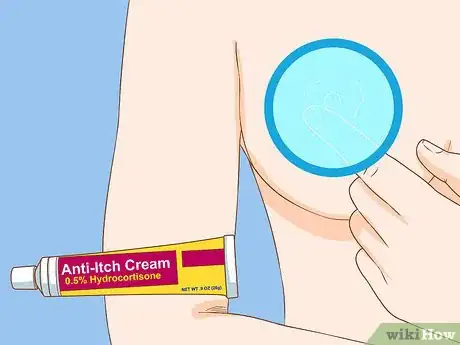
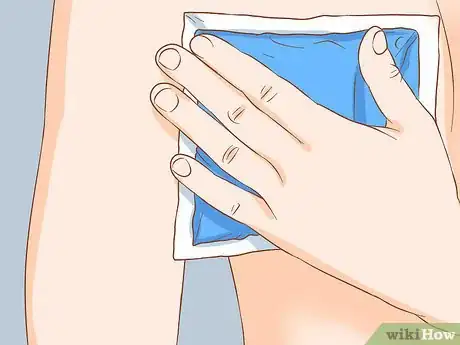
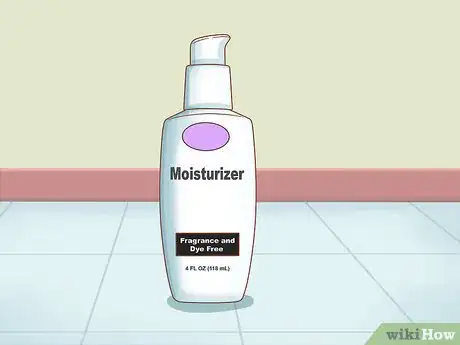
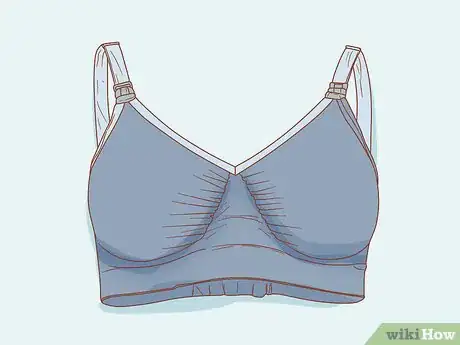

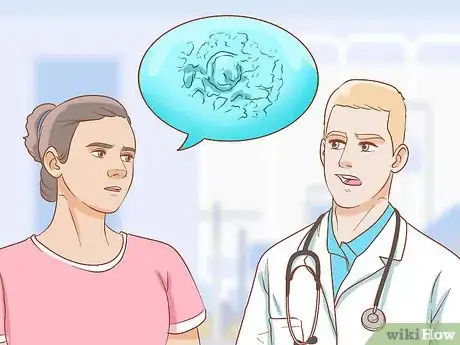
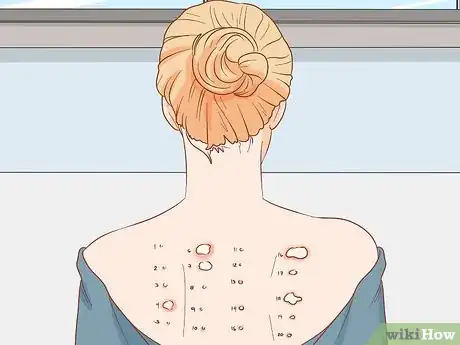
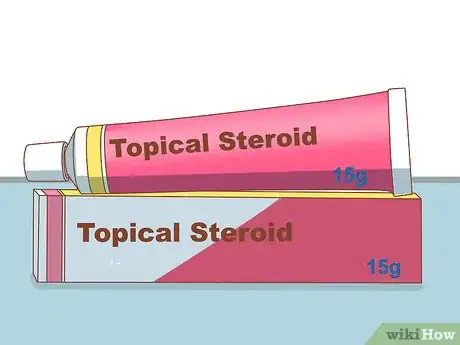
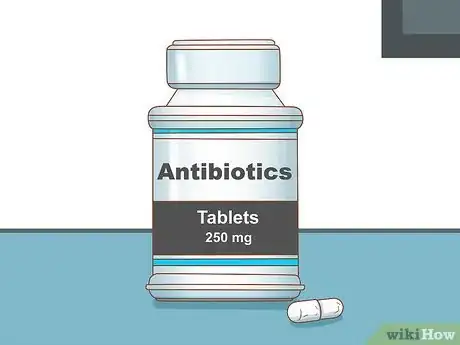
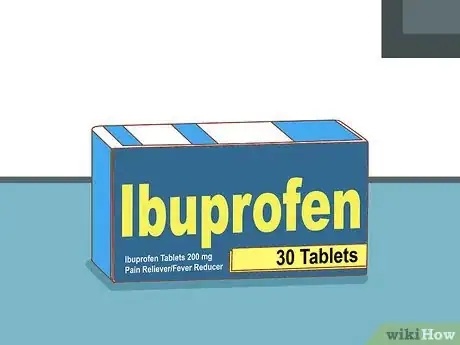
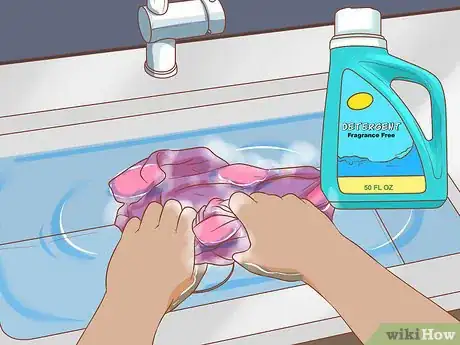
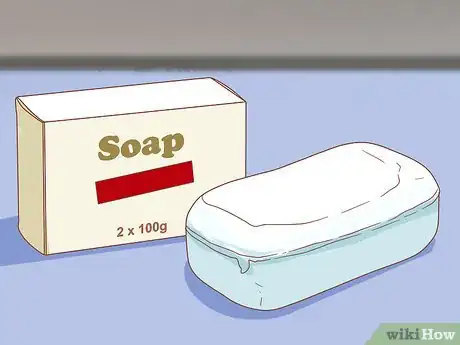

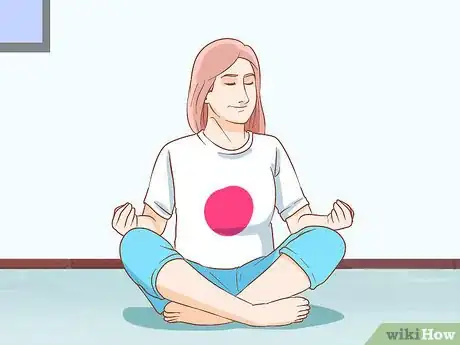

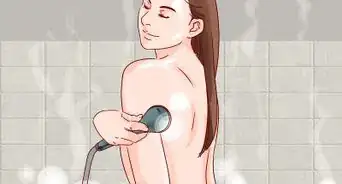
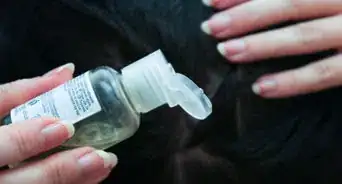
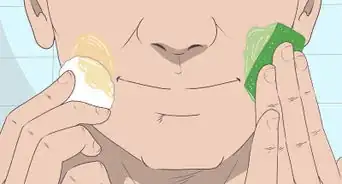
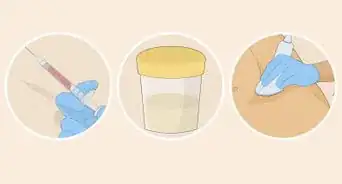
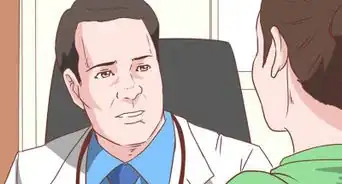
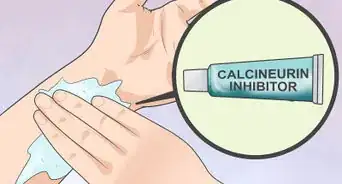

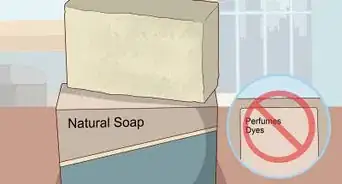




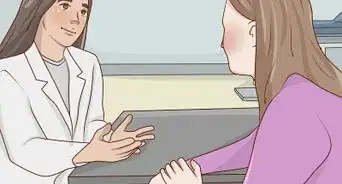








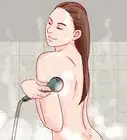
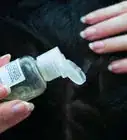
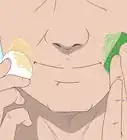



































Medical Disclaimer
The content of this article is not intended to be a substitute for professional medical advice, examination, diagnosis, or treatment. You should always contact your doctor or other qualified healthcare professional before starting, changing, or stopping any kind of health treatment.
Read More...